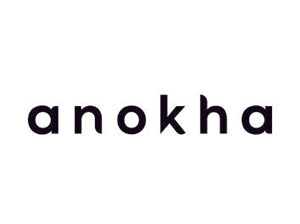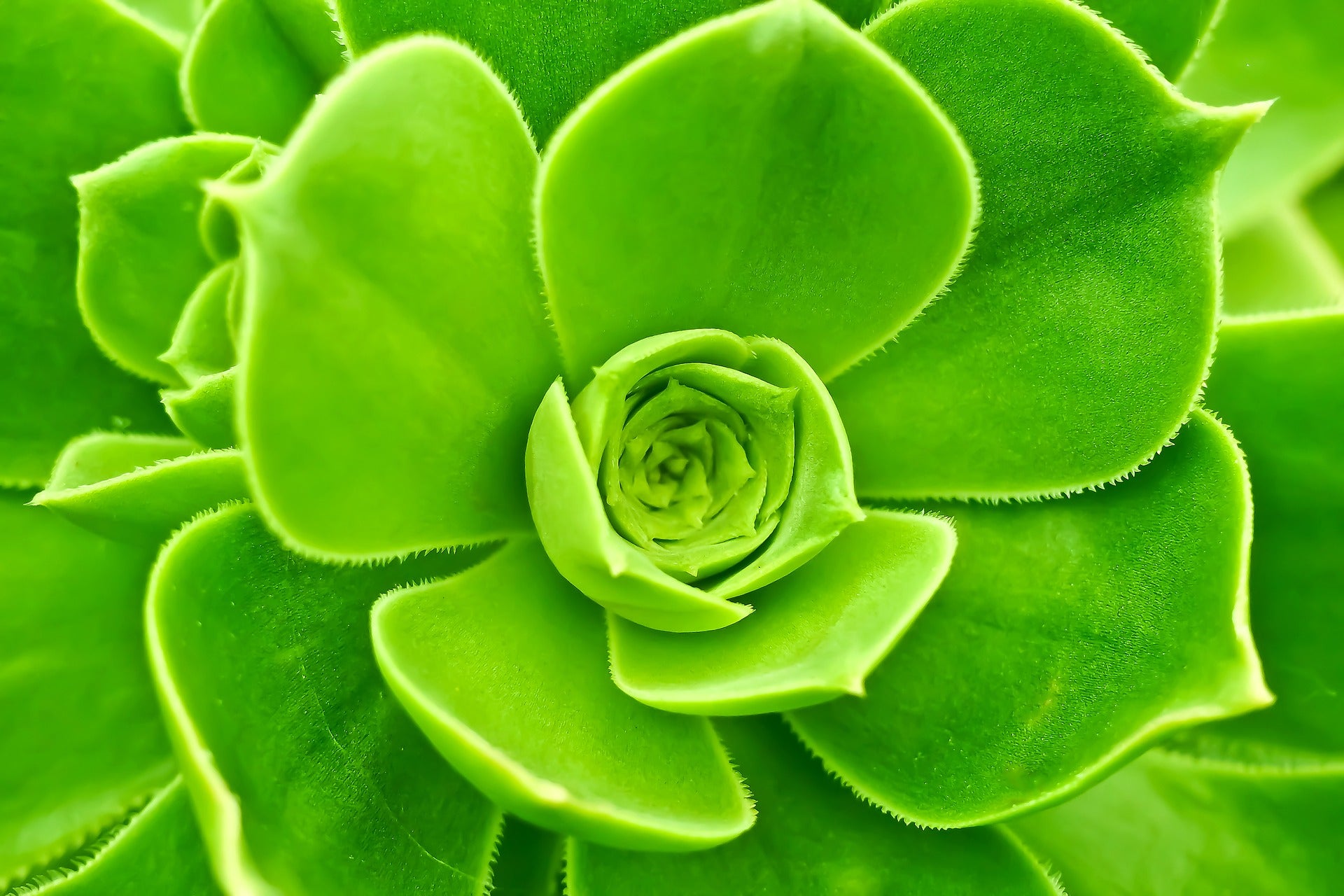
preservation

How do we preserve nature's bounty in a way that maintains the quality of the ingredients and product, without harming the user? Preservatives are a thorny issue for both manufacturers and consumers. Consumers wish to have little to no preservatives in their products, hoping to avoid potential side-effects, while ethical manufacturers know that some degree of preservation is necessary to prolong shelf-life and ensure the consumer's safety.
Is there ever a time when preservatives are not necessary? If you are using dry or anhydrous products, such as bath salts, bar soaps, or oils, preservatives are generally necessary. Be careful about contaminating them with your hands, however; using a spatula or scoop to retrieve product is better than your hands.
An antimicrobial preservative is essential in products with water, milk, hydrosols, or any other aqueous liquid. If not, the product should be formulated for use within 3-4 days at most and refrigerated. Water is an excellent base for bacteria, mold, yeast, and fungi; protect yourself by making sure that your products with an aqueous base contain a preservative. Most natural skin care lines, including Anokha, select their preservatives very carefully while ensuring that high levels are not needlessly added. Following is a non-exhaustive list of common preservative systems that you might see on the ingredient listings, and why or why not they are generally used by natural skin care lines:
1) Parabens (methylparaben, Germaben II, propylparaben, butylparaben), which have been widely used in the past secondary to their efficacy and low cost, are thought to affect the activity of estrogens. Although no adverse effects have been demonstrated in humans, most if not all natural skin care lines avoid them given the public's concerns.
2) Formaldehyde releasers (Germall Plus, DMDM hydantoin, imadozolidinyl urea, diazolidinyl urea) are also no longer used by many skin care lines. Formaldehyde in high concentrations is considered to be carcinogenic. In the low concentrations which were typically used in skin care products, skin irritation was the most common side effect.
3) Isothiazolinones (Kathon) are effective against a broad spectrum of bacteria, but can be associated with skin irritation. They have been shown to be non-carcinogenic.
4) Phenoxyethanol (Optiphen, Optiphen Plus) has good activity against gram-negative bacteria. It is considered safe up to a level of 1%. Some natural skin care lines do use phenoxyethanol for preservation.
5) Organic acids (benzoic acid/sodium benzoate, sorbic acid/potassium sorbate, levulinic acid, anisic acid) often need to be combined for broad-spectrum effectiveness, and their price is higher than that of other preservative systems.
6) Some essential oils also possess anti-microbial activity, including tea tree, lavender, lemon, rose, and sandalwood. In some cases, the concentration of essential oil which would be required for preservation exceeds the safe limit for use on the skin.
7) Grapefruit seed extract is a citrus-based anti-microbial.
Anokha Skin Care relies on organic acids and essential oils for preservation. We struggled with our manufacturers back in 2008 to use a system without parabens or formaldehyde derivatives, and have been gradually updating all of our formulas to include only gentle preservatives. Because these systems are necessarily not as robust as those with harsher ingredients, our products are now made in small batches. This results in some delays and slightly higher prices, but we feel that the end product is that much safer and hopefully more enjoyable for the user as well.
For more information, please visit:
www.fromnaturewithlove.com
www.cdc.gov



leave us a comment
This site is protected by hCaptcha and the hCaptcha Privacy Policy and Terms of Service apply.